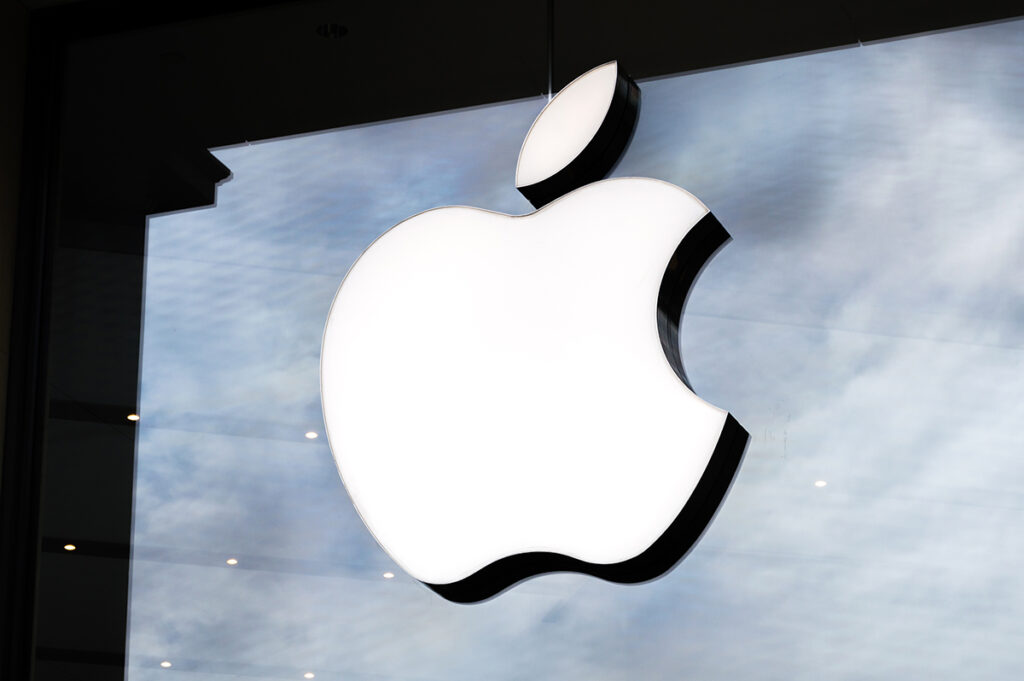Apple is set to introduce major changes to its App Store in Europe as part of compliance with new regulations, potentially altering the digital landscape for millions of iPhone users. The revisions, mandated by the Digital Markets Act (DMA), aim to enhance consumer choice while raising concerns about heightened security risks.
Under the DMA, European regulators are pushing for more competition in the digital marketplace, challenging the dominance of tech giants like Apple. Recent penalties imposed on Apple, including a nearly $2 billion fine for anti-competitive behavior in the music streaming sector, underscore the regulatory pressure facing the company.
The updated App Store rules represent the most significant shift since its inception in 2008, allowing users in Europe to download iPhone apps from alternative stores and explore different payment options for in-app transactions. However, Apple has voiced apprehensions over potential security vulnerabilities, warning of increased exposure to scams and malicious attacks from apps sourced outside its ecosystem.
Tech companies such as Spotify and Epic Games have criticized Apple’s compliance with the DMA, alleging that it reinforces the company’s control over the iPhone ecosystem. Epic Games, the developer behind Fortnite, accuses Apple of violating the DMA by rejecting its plans for an alternative app store.
In response, EU regulators have signaled their intent to question Apple over allegations of anti-competitive behavior. The regulatory scrutiny highlights the broader tensions between tech giants and policymakers seeking to foster a more competitive digital environment.
Apple’s steadfast adherence to its “walled garden” approach, characterized by stringent control over hardware, software, and commerce, is facing unprecedented challenges in Europe. The company’s emphasis on security measures, aimed at protecting user privacy, has been a cornerstone of its strategy.
While the U.S. has previously mandated changes allowing outside payment options within iPhone apps, these reforms have not been extended globally. European regulators remain optimistic about the potential benefits of increased competition, including lower prices for in-app transactions. However, critics express doubts about the extent of these changes, citing Apple’s continued imposition of fees and other barriers.
Amidst concerns over security risks associated with sideloading apps from outside the App Store, especially for sensitive sectors like defense and banking, Apple remains steadfast in its commitment to user protection.
The evolving regulatory landscape in Europe reflects broader shifts in the tech industry, with companies like Google and Facebook also facing increased scrutiny. As Apple navigates these challenges, the outcome of its compliance with the DMA could have far-reaching implications for both consumers and the digital marketplace as a whole.


